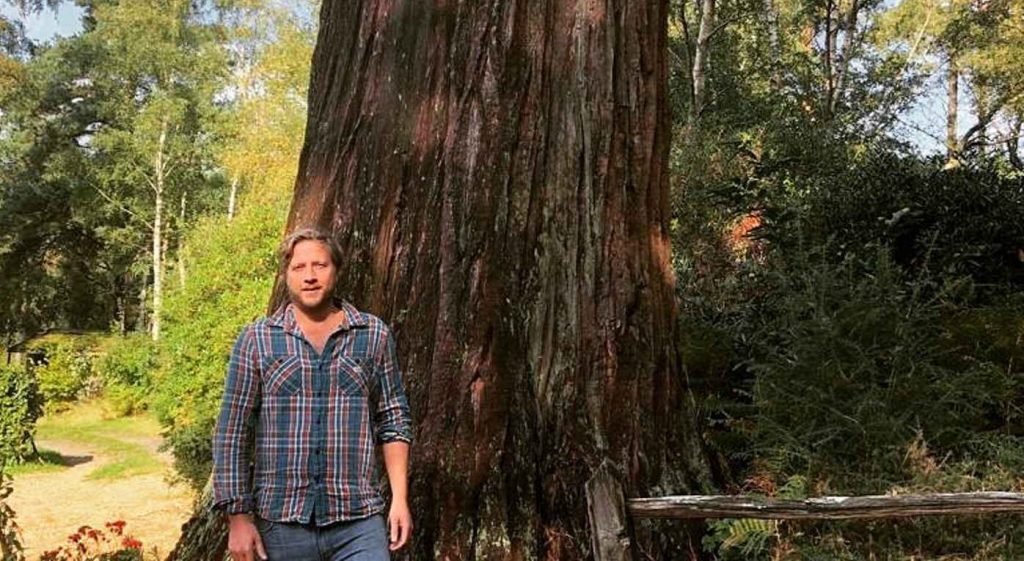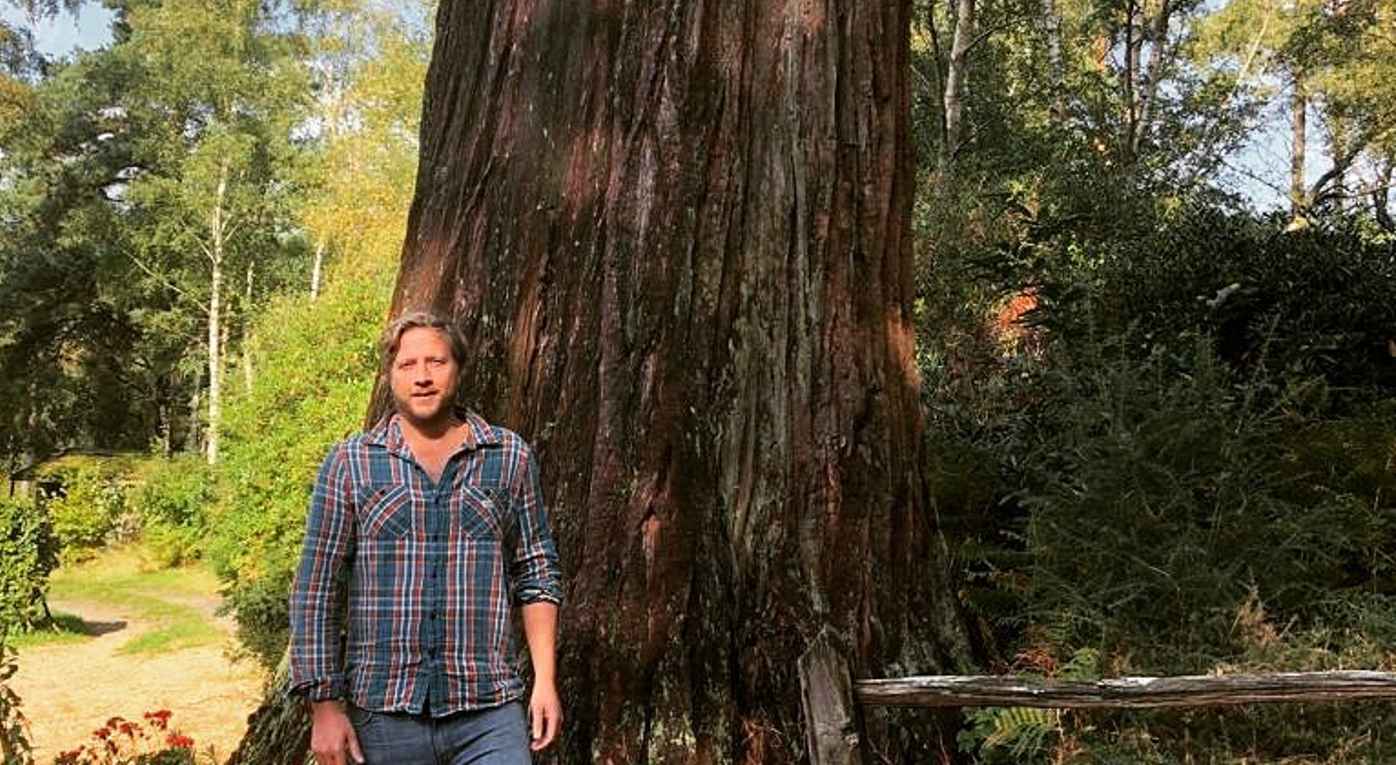
Rather than sending money off to some questionable and unconfirmable carbon-capture forest, Henry Emson figured he would plant his own trees so he could look into the face of society and say “my carbon footprint is accounted for.”
As it turns out, Emson realized that it was better to go big, and so planted a giant sequoia sapling for each member of his family. Now, he can plant a giant sequoia for you and yours as well, with his business of growing small sequoia groves across Great Britain seeing 700 saplings already in the ground.
One Tree One Life buys land where these giants can grow in safety, and for that each tree costs around $450. The benefit however is knowing that throughout the hundreds, potentially thousands of years the tree is alive, it will be pulling CO2 from the atmosphere and burying it in its root system. Furthermore, Britain will be populated with what is undoubtedly the great emperor of all trees.
Sequoiadendron giganteum grows in the United States natively only on the western slopes of the Sierra Nevada mountain range, above 3,200 feet in elevation. This, however, doesn’t mean that is the only place they can thrive. As it turns out, Henry Emson wasn’t the first Brit to cultivate these giants.
The first seeds from California sequoias arrived in Great Britain in 1853, and since then some trees have flourished—at Kew Gardens, Charles Ackers Redwood Grove in Wales, Benmore Botanic Gardens in Scotland, and Biddulph Grange at Stoke-on-Trent. Some of these trees are already 150 years old, and are already bigger than anything else found on the island.
MORE: Ancient Cypress in Chile May be World’s Oldest Tree, at 5,000 Years Old
Whether conditions on Great Britain can permit sequoia trees to reach the outstanding heights and ages of those in California, no-one can say for certain, but tree growth is very fast.
At One Tree One Life, Emson’s team is also buying land in various places, and once someone buys a tree, they can receive GPS coordinates mapped via drone to the exact location of their tree, should they ever desire to visit it.
RELATED: Genetic Lineage of Thousand-Year-Old Oak Trees Seed an Experimental ‘Super Forest’
Many carbon capture strategies have been proven to involve the planting of large regimented blocks of monoculture trees that have a terrible tendency to be wiped out by disease or insect plagues, long before they’ve absorbed any meaningful carbon stores, and releasing what little they’ve collected after they die.
Sequoias are remarkably resilient, and one of their only natural enemies is loneliness. The trees reach their tremendous size and scale based on the way in which their roots spread outward rather than downward. Intertwining with other sequoias, they hold onto each other through the long centuries, and this is why it’s extremely rare to see a single sequoia, and why the biggest ones are always surrounded by others.
CHECK OUT: City Trees and Soil Are Sucking More Carbon Out of the Atmosphere Than We Thought
It’s a poetic expression of what’s needed to fight climate change—togetherness, and trees.
GROW a Forest of Good News; Share This Story…





















I personally think trees are the most highly evolved life forms on the planet.
I totally agree. Have you ever seen the documentary, What Plants Talk About? I think it’s on YouTube. It’s amazing what trees and other plants can do. They’re more like people than most people know and give them credit for; they’re much more evolved than we know.